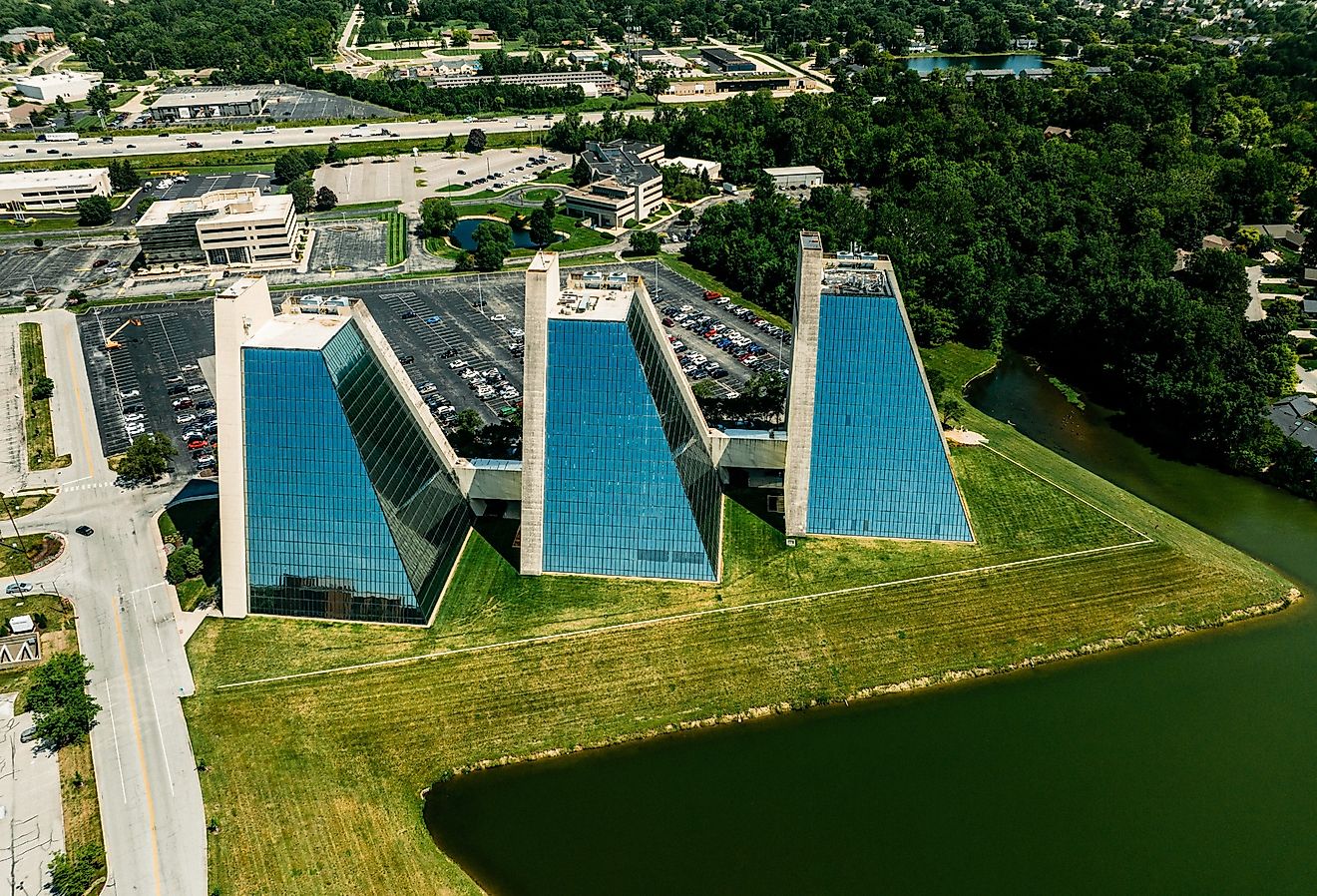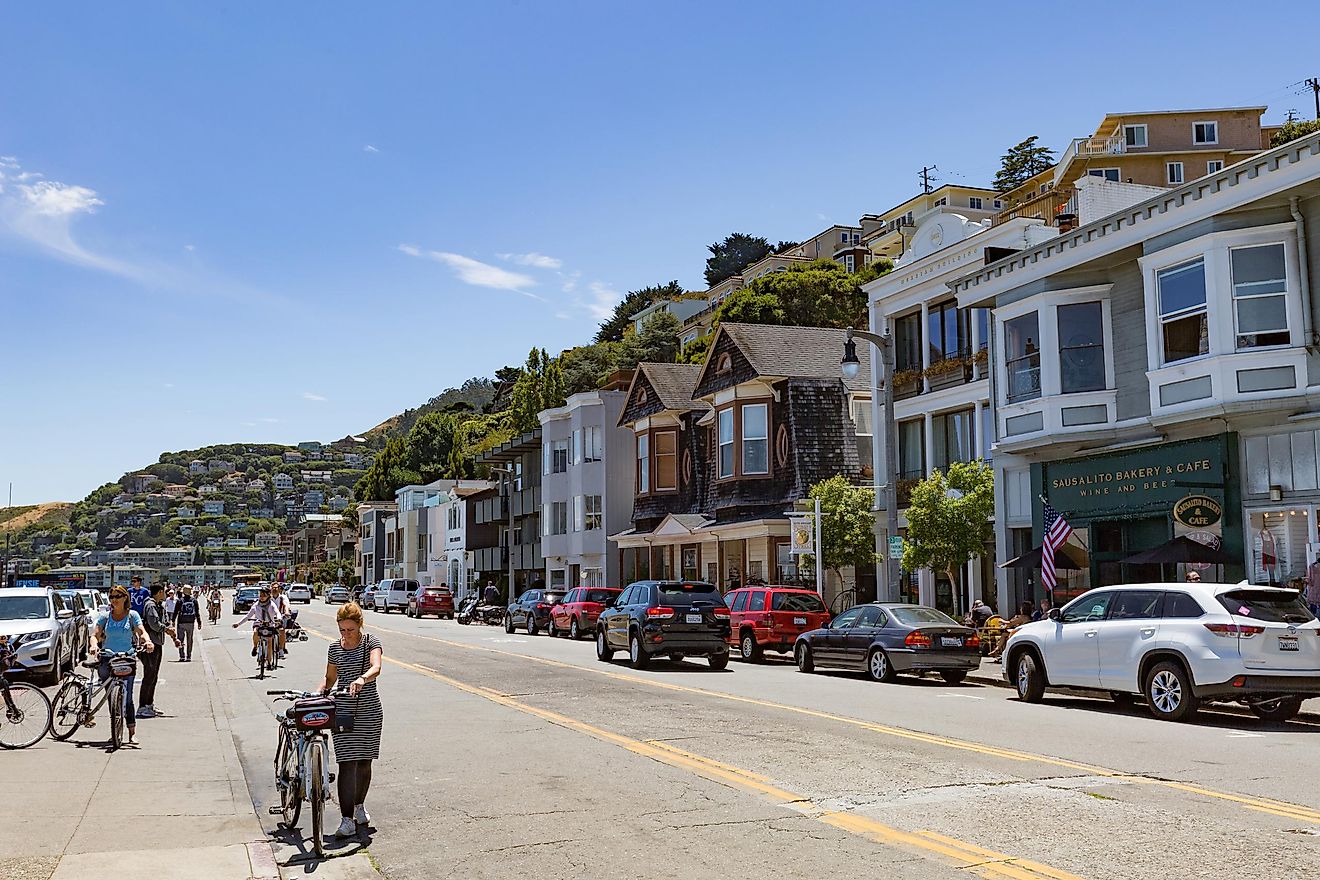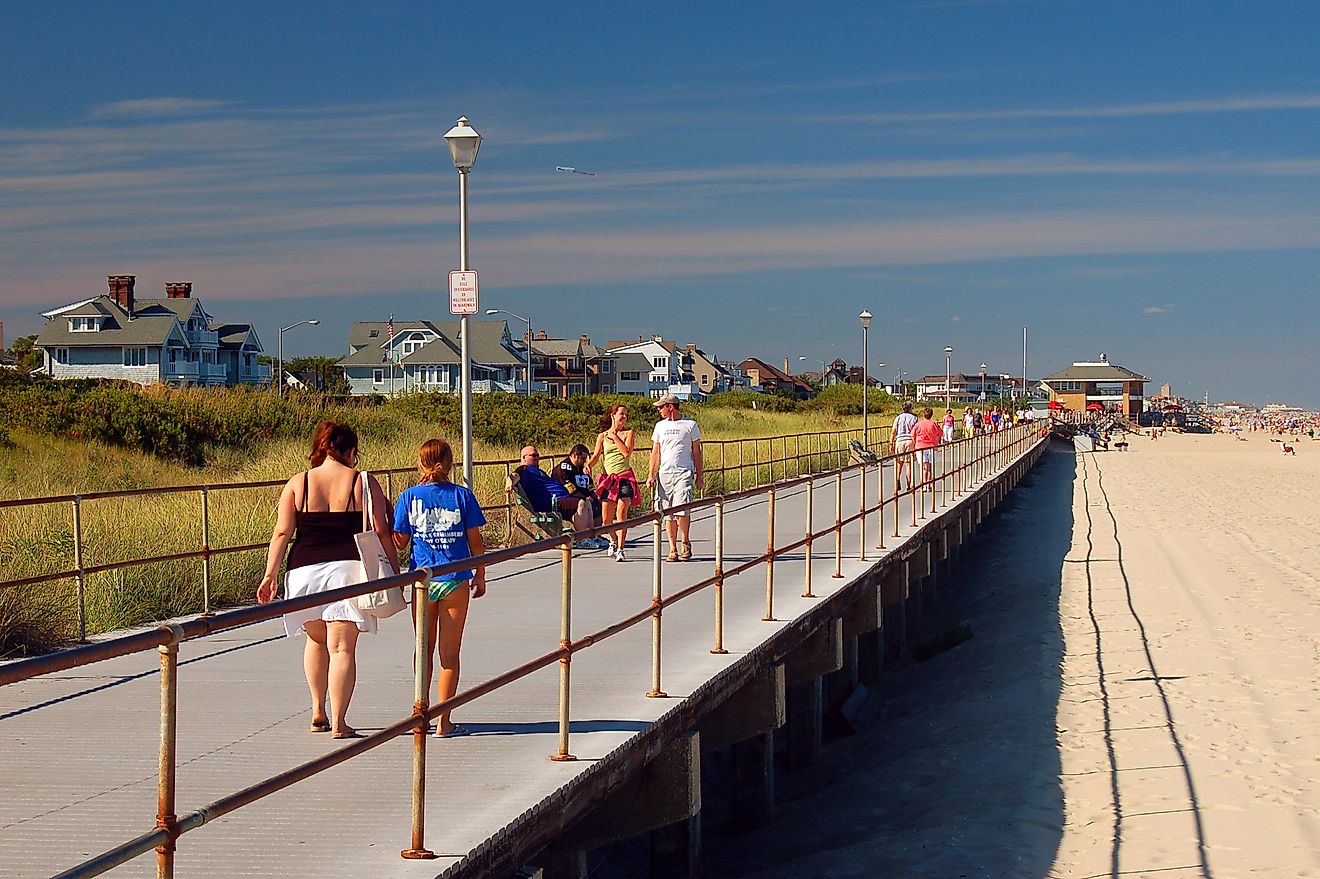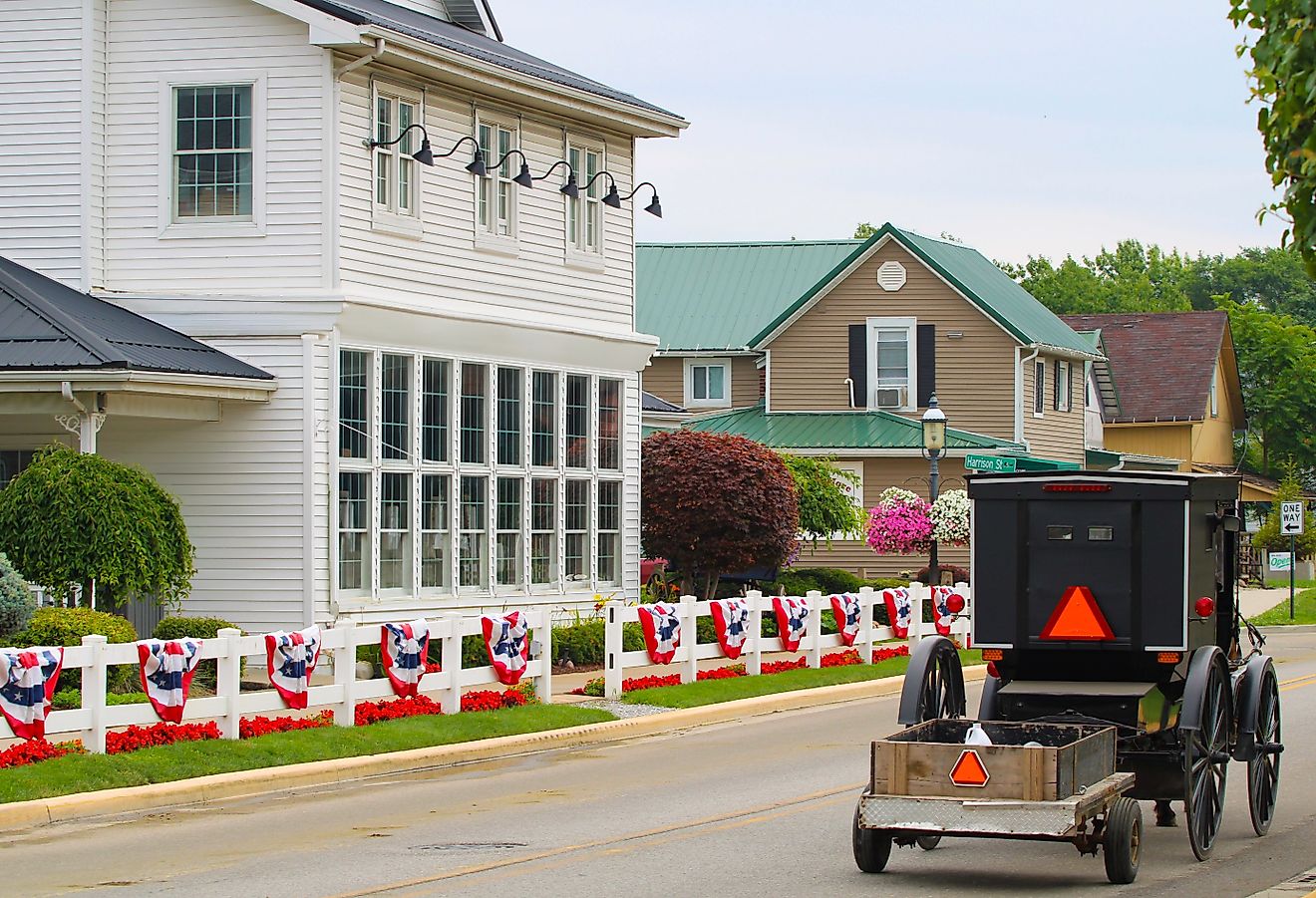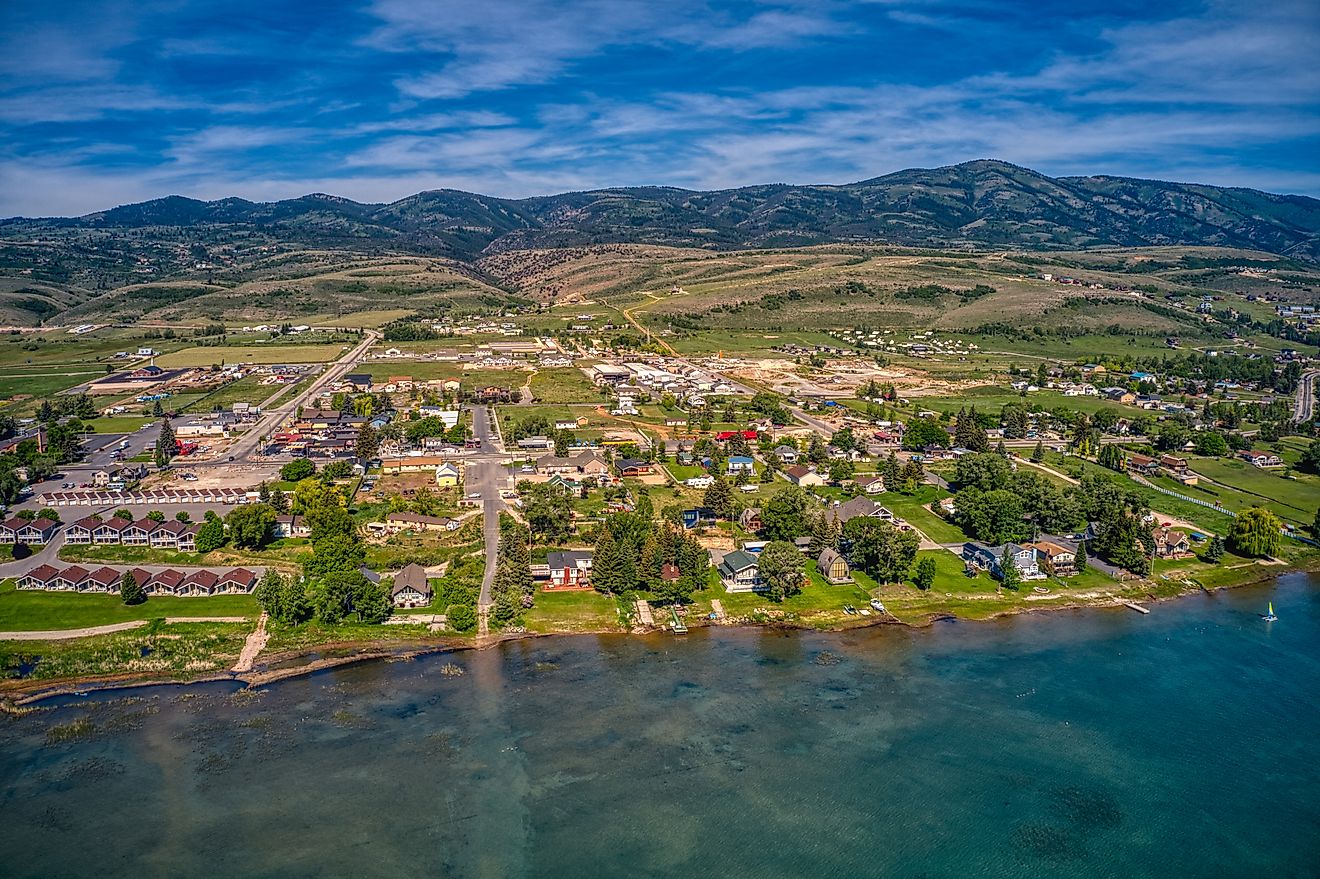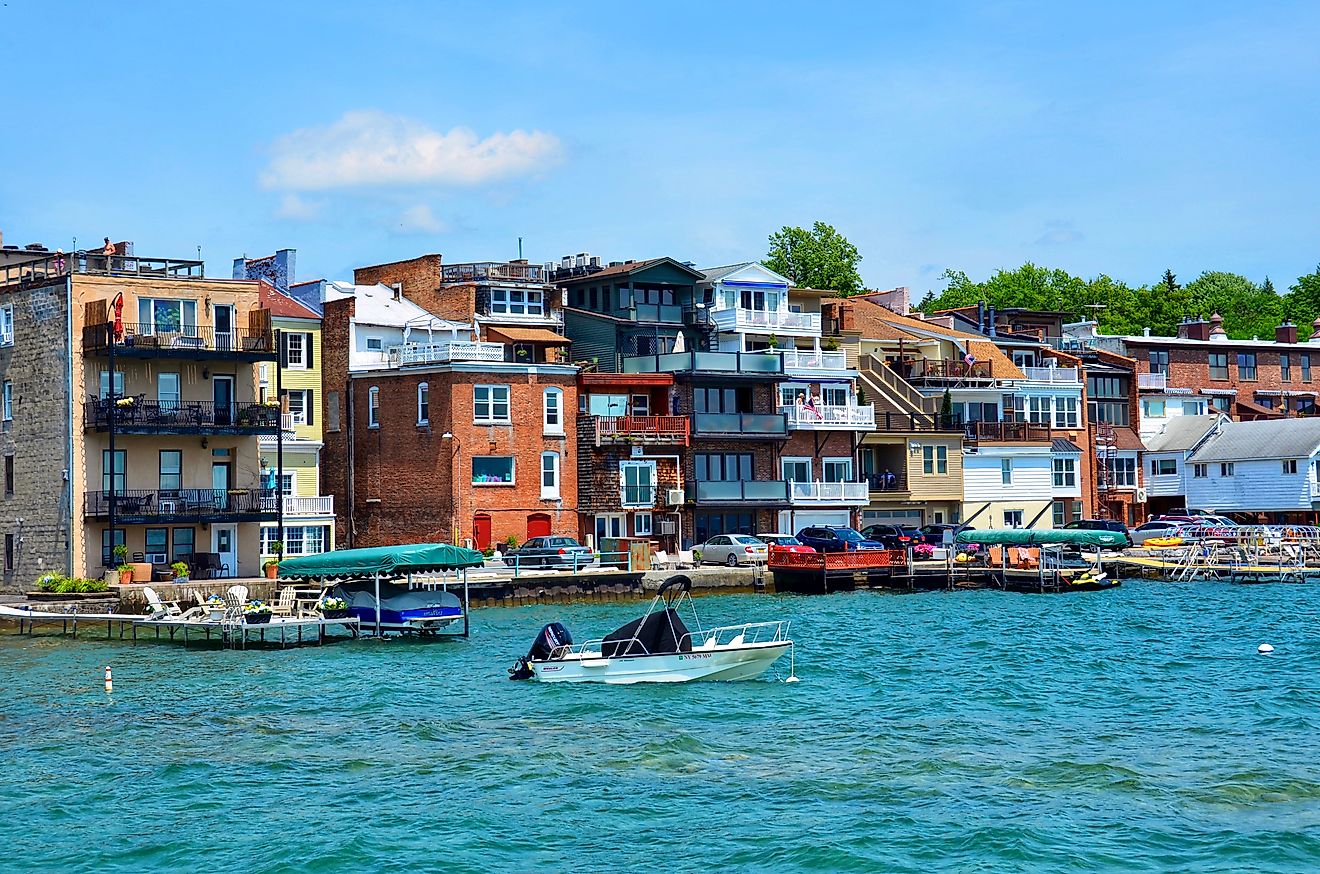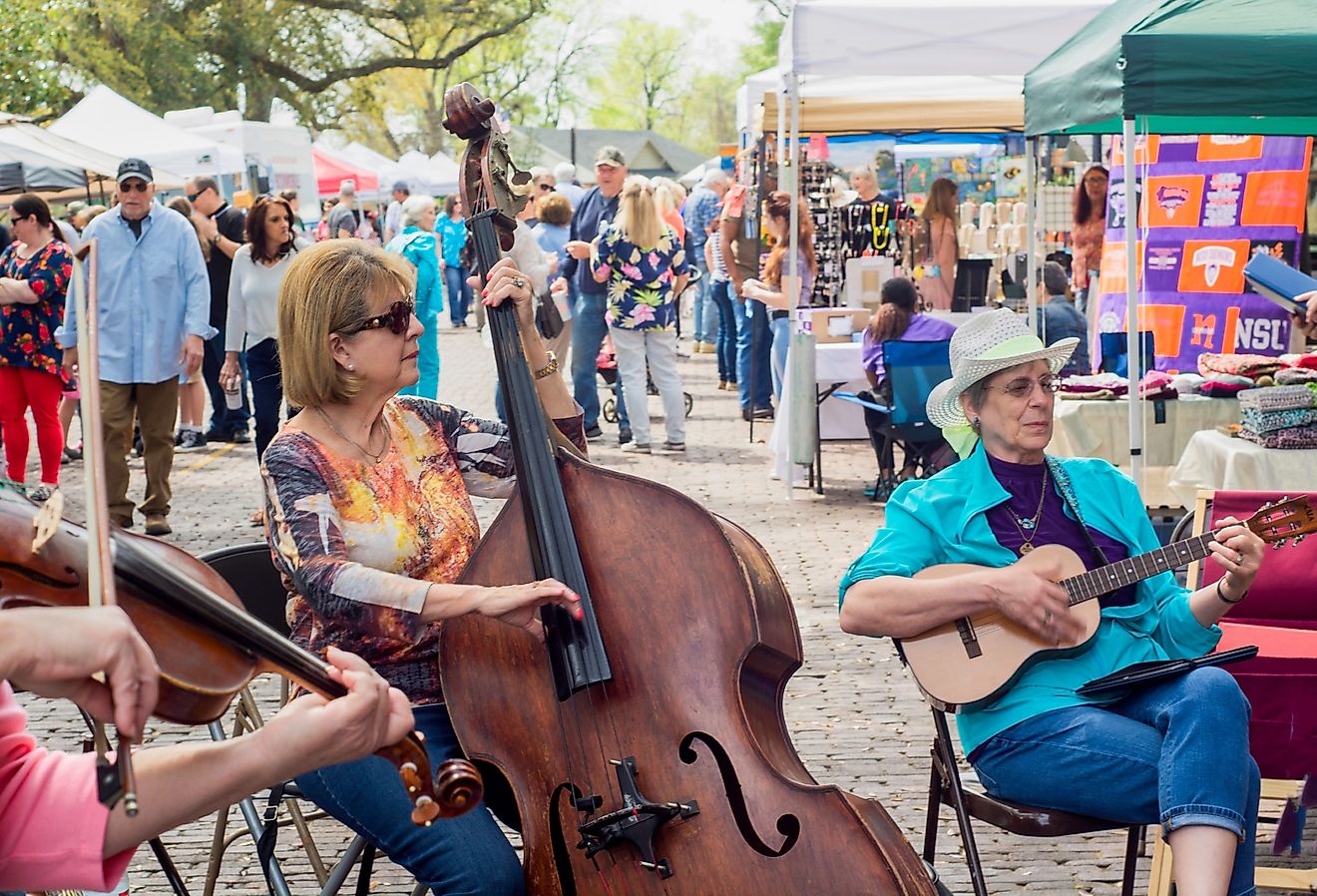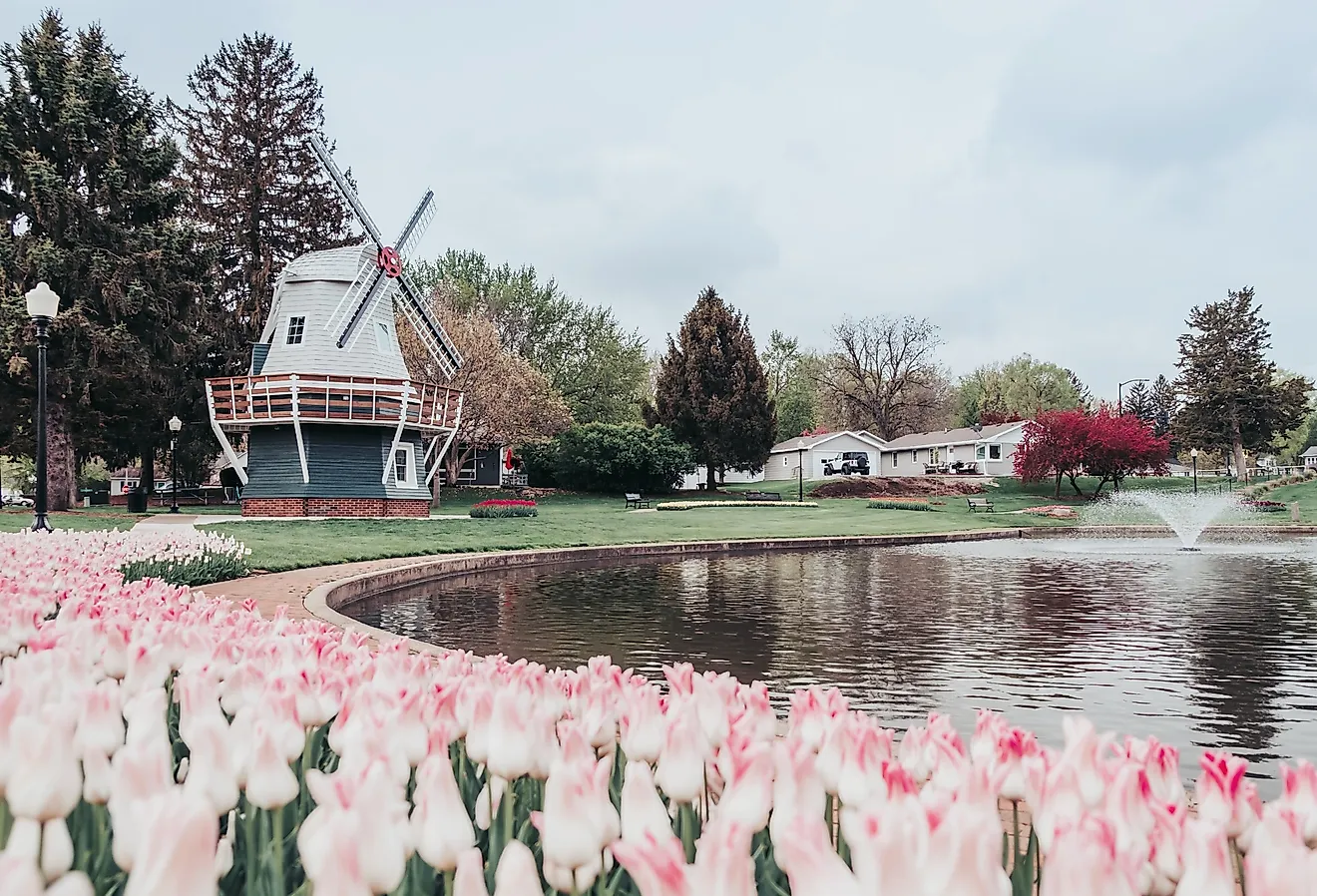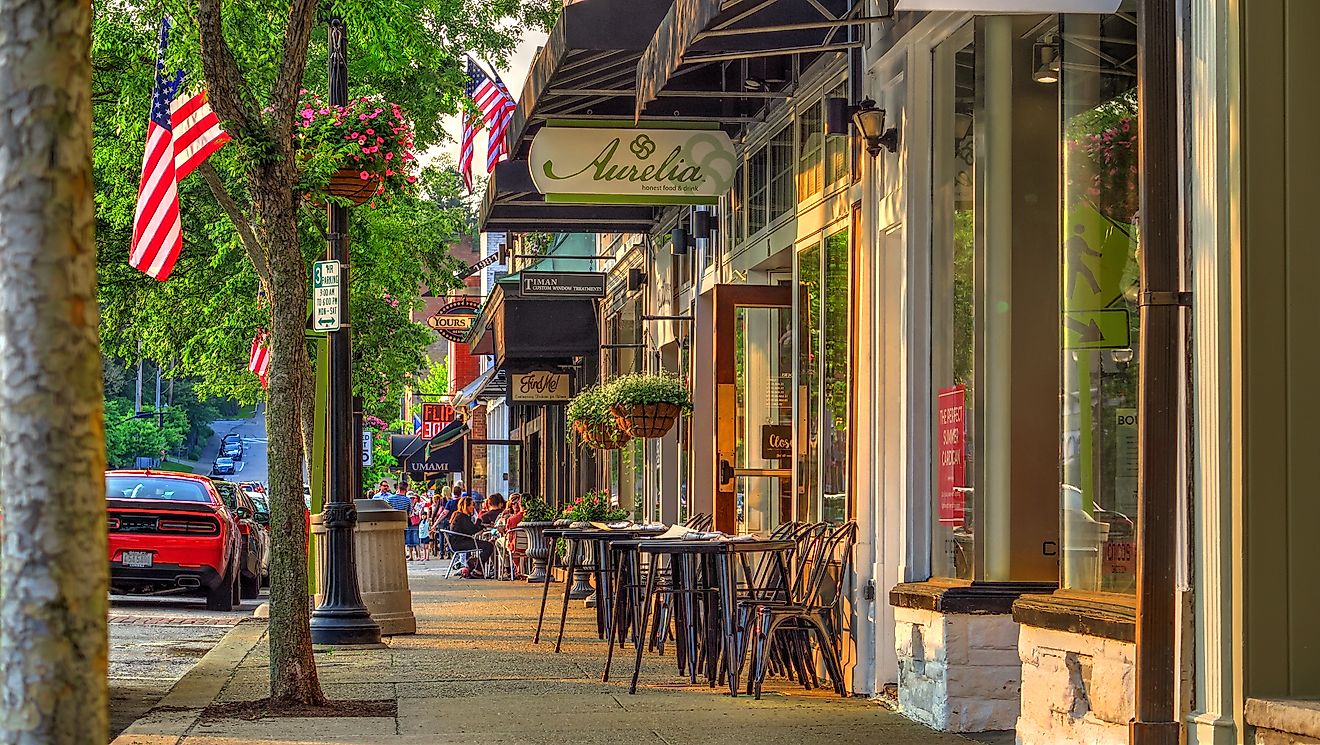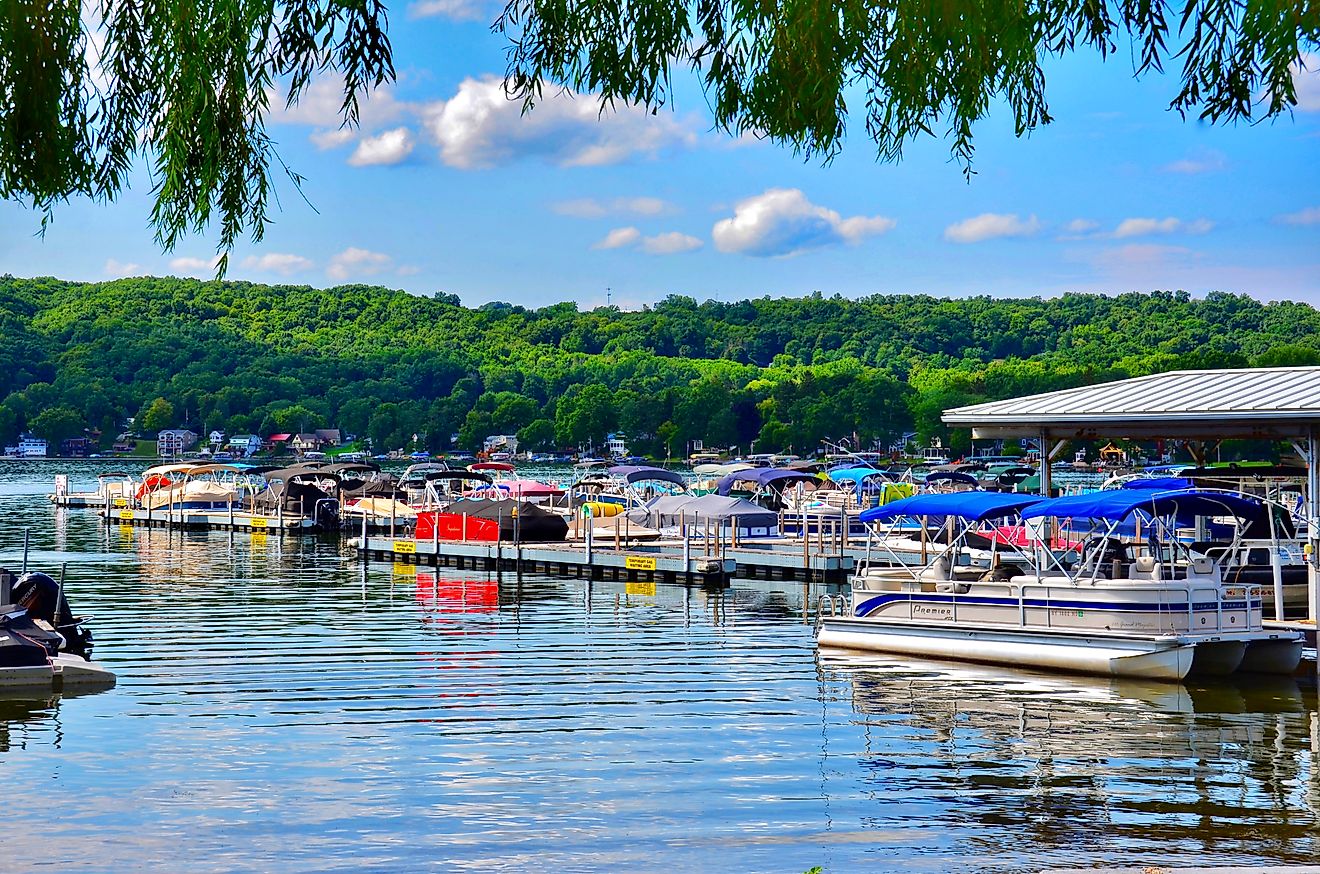
7 Most Beautiful Historic Towns in New York
The state of New York, known worldwide for its most populous city of the same name, has a rich history that shouldn’t be forgotten. From the early Native American cultures that lived off the land to the European explorers attracted to the potential of all the New World had to offer, to its role as a colonial settlement, and finally to the crucial part the state played in the formation of the United States, there is a lot to discover and admire about New York, its peoples, and its past.
Some of New York’s “crown jewels'', so to speak, lie outside its bustling metropolises. They are the small towns that often live in the shadows of New York City. These towns offer picturesque landscapes with deep, clear blue lakes, rolling hills and mountains, along with well-preserved, historic downtowns. Each of these towns offers unique, compelling landmarks that tell the stories of America’s past and popular attractions to enhance every visitor’s journey. In fact, there are seven must-visit historic towns in the state that should be on one’s New York travel itinerary. Some of these remarkable towns saw action during the Revolutionary War, the War of 1812, and the Civil War. One was home to the birth of the sport of baseball, America’s pastime. Join our mental walking tour of each of these quaint American towns.
Cooperstown
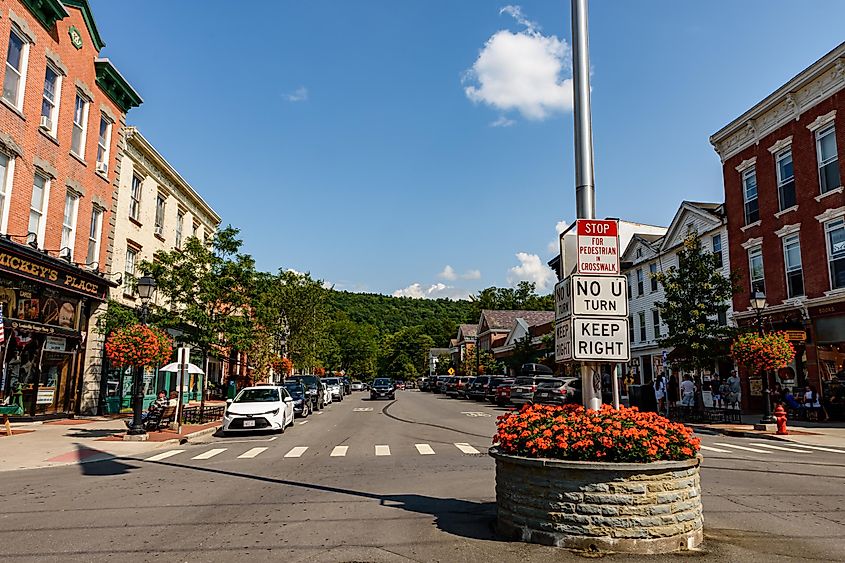
Cooperstown is a small village, surrounded by hills, that lies along Otsego Lake. The quaint streets are filled with waterfront views and 19th-century architecture. The quiet, quintessentially American town sees a surge in visitors, upwards of 300,000 per year and the main draw is the National Baseball Hall of Fame and Museum. Long before all that, the town was founded in 1786 by William Cooper, the father of celebrated American novelist, James Fenimore Cooper. Cooperstown was the site of a major battle and turning point in the Revolutionary War, where Generals George Washington and James Clifton defeated the British, along with the Iroquois braves. By the mid-1800s America’s early wars were behind them, and before the Civil War began, there was a period that allowed for more peaceful pursuits, such as the invention of the game of baseball, which happened in Cooperstown (https://baseballhall.org). Historical landmarks include the National Baseball Hall of Fame and Museum, Fenimore Art Museum and The Farmer’s Museum. Cooperstown Distillery, a great place to shop for fine spirits.
Skaneateles
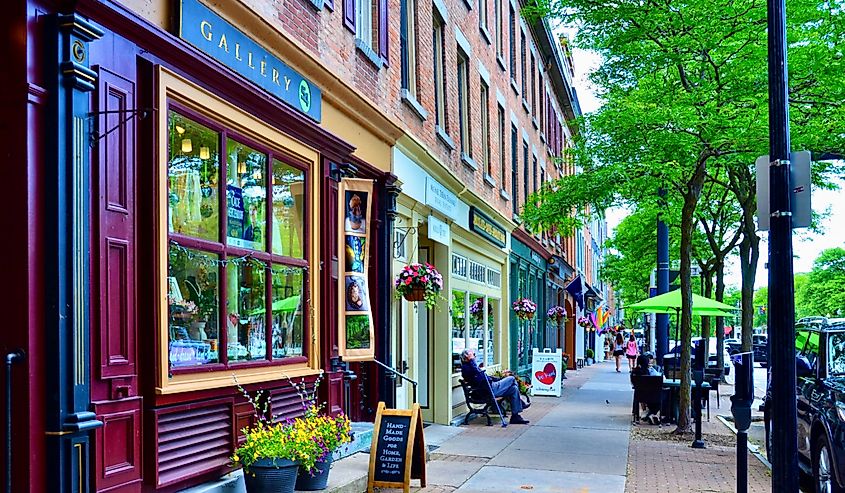
The town of Skaneateles is enveloped by gentle hills and a picture-perfect lake, of the same name. The charming downtown is marked by its tree-lined streets, Greek Revival, Federal, Italianate, and Romanesque revival architecture. The lake was created by glacier movement millions of years ago and its name, Skaneateles, is Iroquois meaning ‘long lake.’ Part of the Finger Lakes region, the area is a tourist attraction. The town has a rich history. At the end of the Revolutionary War, plots of land in the area were awarded to soldiers. By 1833, the Village of Skaneateles was incorporated (https://www.townofskaneateles.com). Historical landmarks include the John D. Barrow Art Gallery and The Sherwood Inn (established in 1807). The Mirbeau Inn and Spa with its French bistro, along with the lake are additional must-see attractions.
Aurora

Located on the eastern edges of Cayuga Lake, the town of Aurora boasts water views and lush rolling hills. The downtown features handsome historic buildings and many well-preserved attractions of another era. Part of the Finger Lakes region, Aurora is a delightful summer vacation spot. Pleasant Rowland of American Girl fame has poured money into gentrifying the downtown. In the distant past, Aurora was once home to six Native nations. The American Revolutionary War caused a rift in their relations. In the late 1700s land tracks in the area were dispersed to war veterans and by 1795 Aurora was founded and later incorporated (https://auroranewyork.us/about/history/). Must-see landmarks are Wells College (a historic college for women), the Aurora Inn, and Mackenzie-Childs (the ceramics and home décor retailer). Don’t forget to check out the Village Market and Fargo Bar and Grill.
Cold Spring

Thomas Davenport settled Cold Spring in 1730. What began as a small trading post along the Hudson River, became a major industrial hub, providing munitions for the Union Army during the Civil War. By the mid-1800s, Cold Spring was officially incorporated (https://www.coldspringny.gov). Today there are many well-maintained 19th-century buildings lining the downtown. The town is surrounded by mountains and there are many spectacular river views. The landmarks that should be on one’s list are the West Point Foundry Preserve, Boscobel House and Gardens (in nearby Garrison), Constitution Island and just across the way from the island, West Point Military Academy. The Cold Spring Depot Restaurant is a great place to grab a bite and talk about all one has seen.
Seneca Falls

The village of Seneca Falls is located in the Finger Lakes district on the Seneca River. The downtown’s water views, Victorian architecture and canal, make it a charmer. First settled in 1787, Seneca Falls became a center for feminism in America. Amelia Jenks Bloomer, a progressive women’s dress designer and abolitionist and suffragist Elizabeth Cady Stanton called the town home. The Seneca Falls Convention for Women’s Rights was held there in 1848. Today, the village is the site of the National Women’s Hall of Fame (https://www.britannica.com/place/Seneca-Falls). Other landmarks include the Seneca Falls Historical Society and the Elizabeth Cady Stanton House. For an excellent wine tasting, consider Montezuma Winery.
Sackets Harbor

The town of Sackets Harbor was founded in 1801 and offers visitors a chance to step into one of the state's most historic towns that played a key role in the War of 1812. At the time of the war, Sacket Harbor became the headquarters for the army, navy, and marines. Thousands of American soldiers fought and died in the town. The Madison Barracks housed the living quarters of the soldiers during the war. The barracks would later become a ship building center during World War II (https://spectrumlocalnews.com). The town is situated on the eastern edges of Lake Ontario and boasts waterfront views and a downtown with 19th-century architecture. Landmarks to see include Sackets Harbor Battlefield State Historic Site, Navy Point and Sackets Harbor Village Historic District. Commercial attractions like Tin Pan Galley (an elegant restaurant) and Sackets Harbor Brewing Company for a cold one, after a long day of exploring, should be considered.
Ballston Spa
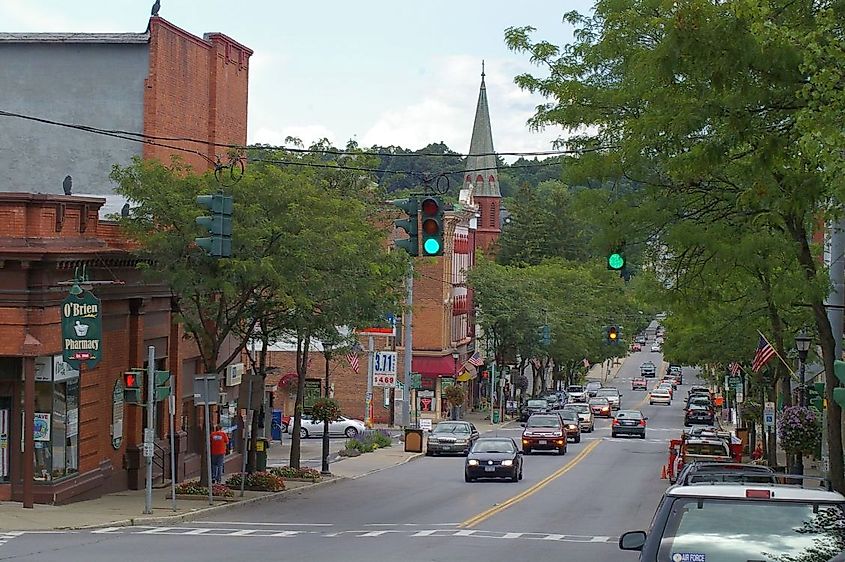
The small town of Ballston Spa was established just two years before the Revolutionary War. The town’s natural spring proved to be a popular discovery and soon development followed. The town of Ballston Spa became a resort destination, complete with hotels, boarding houses, billiards, dance halls, card games, theater, and music (https://www.villageofballstonspa.org). Nested in the hills of Saratoga County the downtown offers Victorian-style homes and the nearby natural springs are still a popular attraction. Landmarks to check out are the National Bottle Museum, Saratoga County Historical Society, and Brookside Museum. Coffee Planet and Iron Roost (a bakery and restaurant).
Historic Towns of New York
While Manhattan is the place for Wall Street traders, business titans and theater lovers, there is something to be said for these small New York towns with their quiet presence, historical significance, and dramatic beauty. On one’s next tour of the Empire State, consider venturing outside the typical tourist traps of the big city and take a ride out to enjoy the fresh county air in the towns of upstate and beyond, to experience the rich history each of these villages has faithfully and lovingly preserved.

